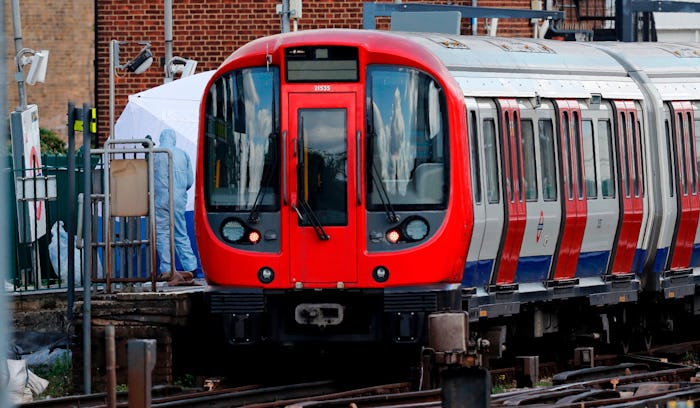Early on Friday morning, a homemade bomb was detonated in a London subway car during rush hour traffic. The bomb, which went off int he area of Parson's Green, injured 29 people and wreaked havoc for hours in the London subway system. In the aftermath, terrorist organization ISIS claimed responsibility for the attack even as police began a hunt for the person or persons who had carried out the attack. On Saturday morning, British police arrested an 18-year-old man in connection with the London bombing.
The arrest took place in the southeastern port town of Dover, where ferries regularly cross back and forth along the English Channel between England and France. No details have been forthcoming from the police regarding the identity of the suspect, other than a statement made by Neil Basu, Senior National Co-ordinator for Counter Terrorism Policing:
We have made a significant arrest in our investigation this morning. Although we are pleased with the progress made, this investigation continues and the threat level remains at critical. The public should remain vigilant as our staff, officers and partners continue to work through this complex investigation. We are not, at this time, changing our protective security measures and the steps taken to free up extra armed officers remain in place.
This arrest will lead to more activity from our officers. For strong investigative reasons we will not give any more details on the man we arrested at this stage.
According to a report by the BBC, the young man was arrested in Dover and will be taken to a new location in south London later on Saturday. People living near the home where the suspect was arrested have reportedly been asked to leave their homes and the area has been cordoned off as an extra precaution.
In the hours after the bombing attack on Parsons Green station, police identified a charred white bucket with wires inside a shopping bag on a train car that was believed to have housed the bomb. Unlike other terrorist attacks, the bomb appeared to have been remotely detonated (in previous instances, suicide bombers have typically been the cause for the explosions, according to The Huffington Post).
In the wake of the attack, British Prime Minister Theresa May raised the country's terrorist threat level to "critical," the highest level, based on recommendations made by the Joint Terrorism Analysis Center. Military members have been dispatched to London to help police patrol the area, and May warned the public to expect extra police and military presence on the streets in the coming days, according to CBC News:
This is a proportionate and sensible step which will provide extra reassurance and protection while the investigation progresses.
This is the second time this year that Great Britain has been forced to raise the threat level to critical; in May, a suicide bomber killed 22 people, several of whom were children, in an attack at an Ariana Grande concert in Manchester. Before that, the last time was in 2007.
The Parsons Green bombing is the fifth terrorist attack in six months in Britain. No one was killed, but several people suffered minor burns as a result of the bomb. Local residents are becoming justifiably concerned about what one man told The New York Times has become "the new normal."
Now that an arrest has taken place, hopefully the people of London can rest a little easier. And remain as resilient as they've proven to be in the past. As Metropolitan Police Commissioner Cressida Dick pointed out to the BBC:
London has not stopped after other terrible attacks and it will not stop after this one.
